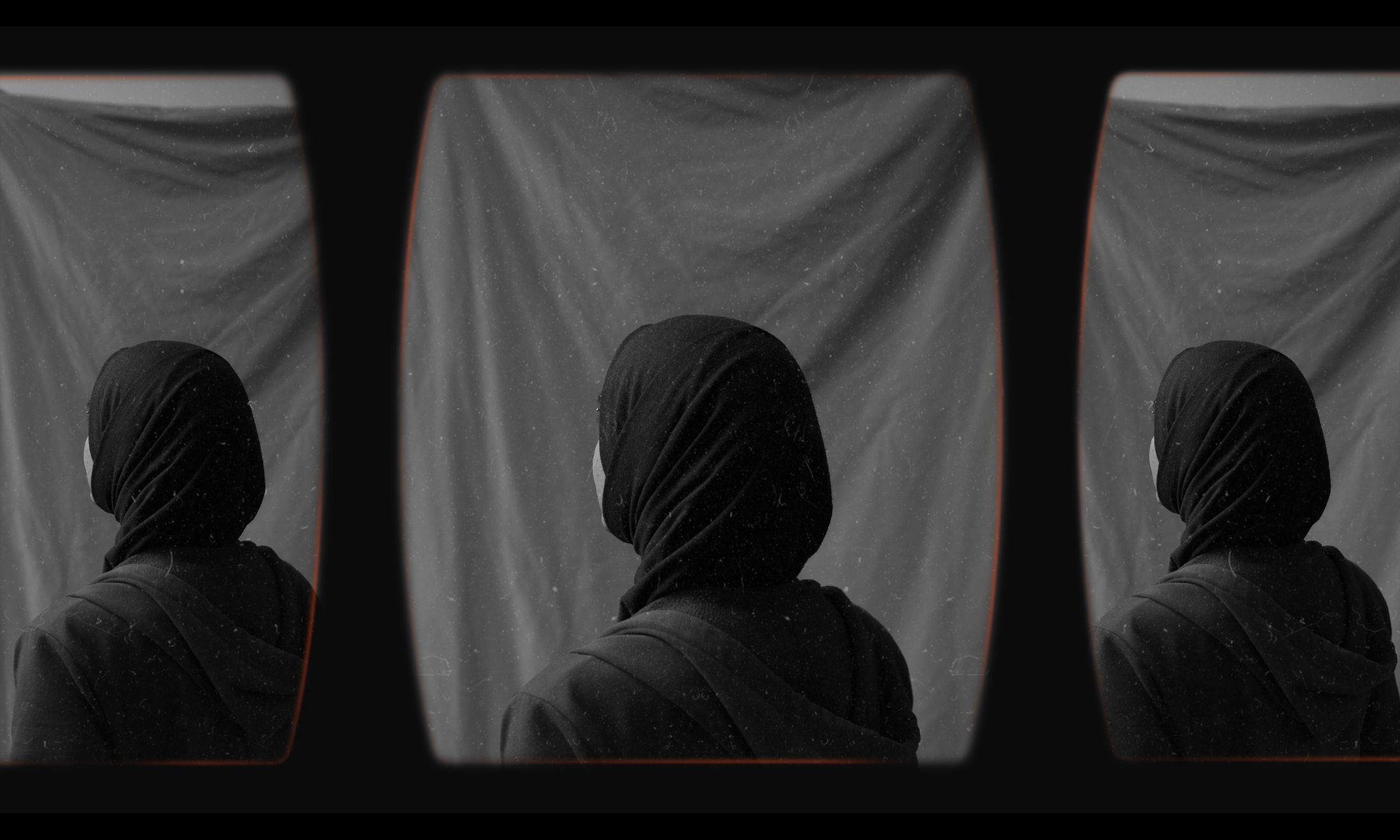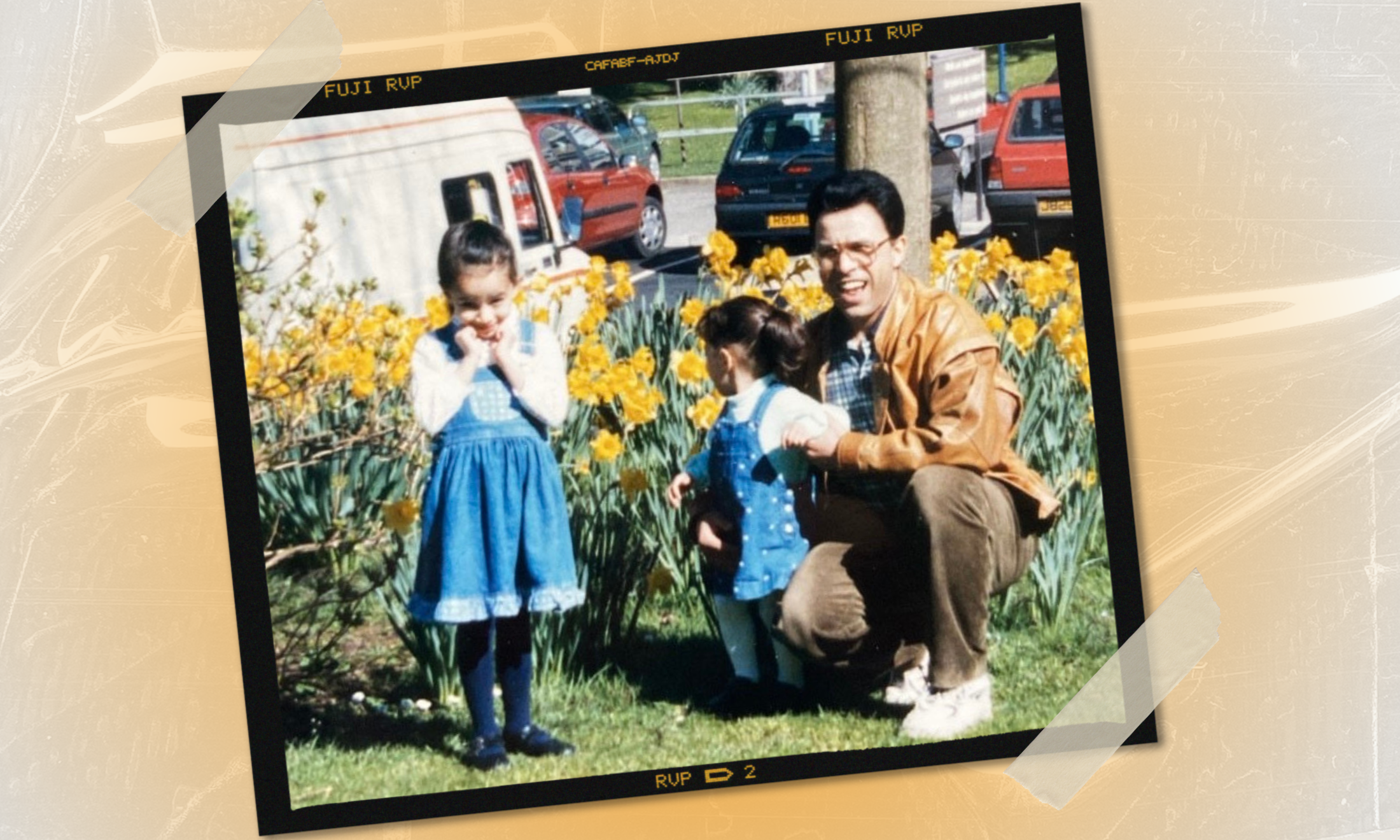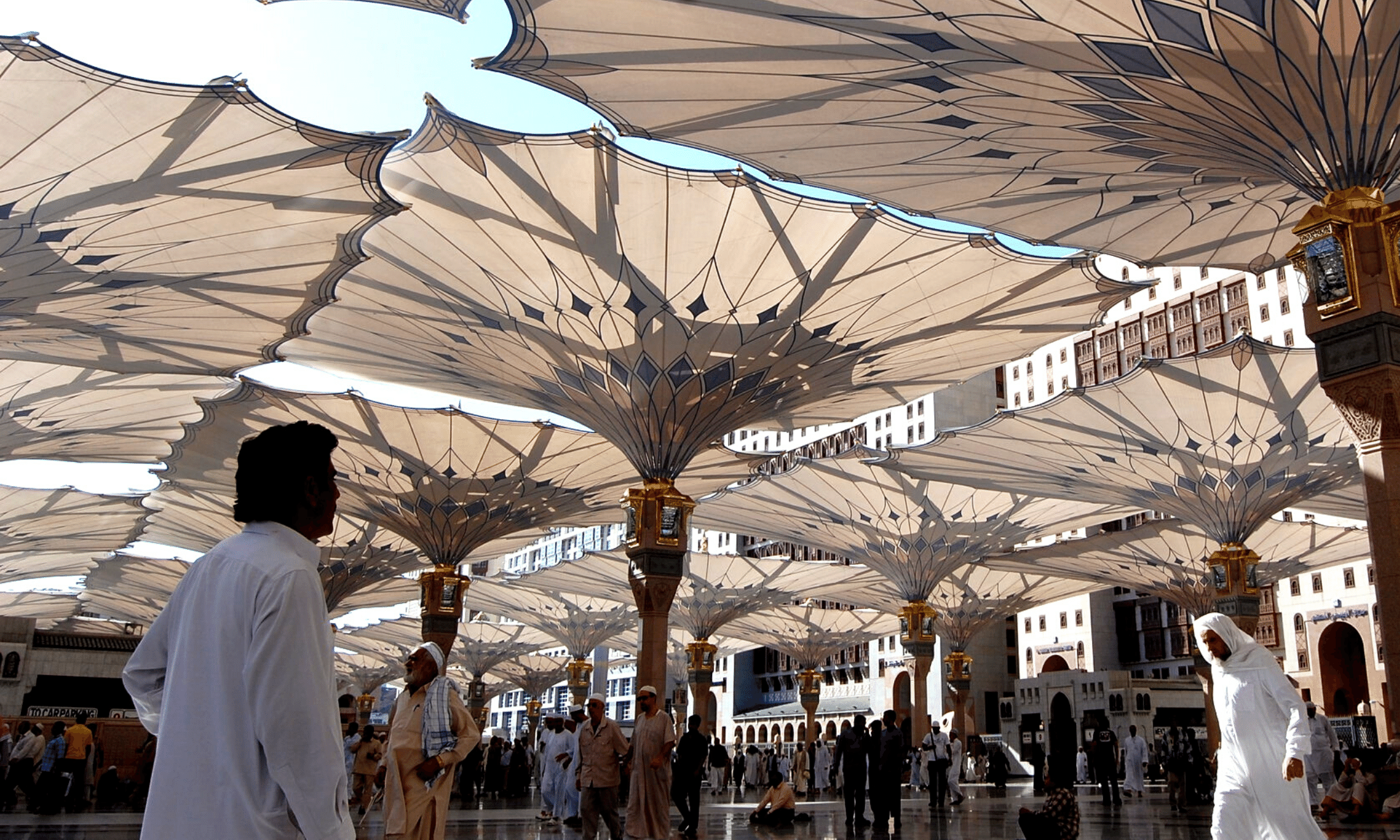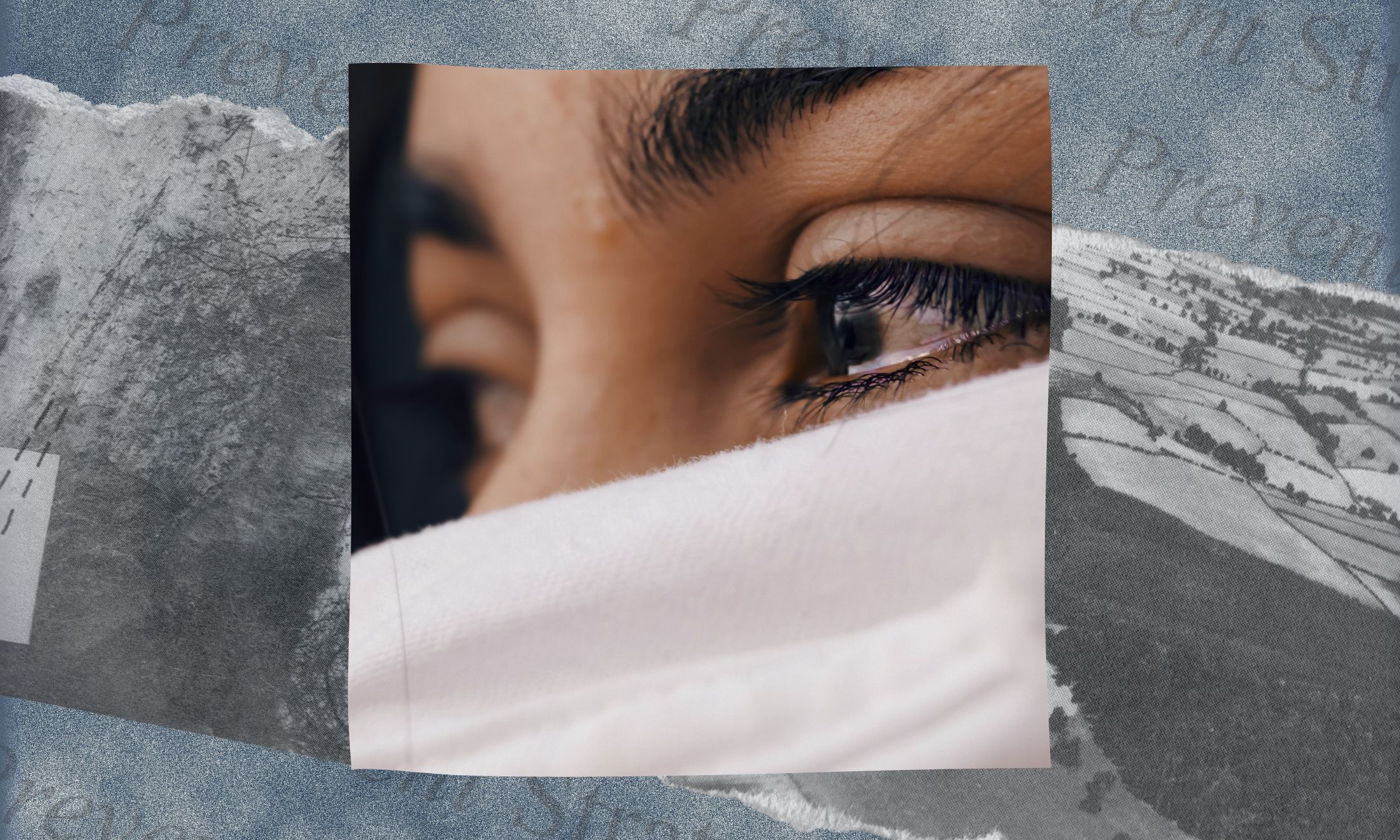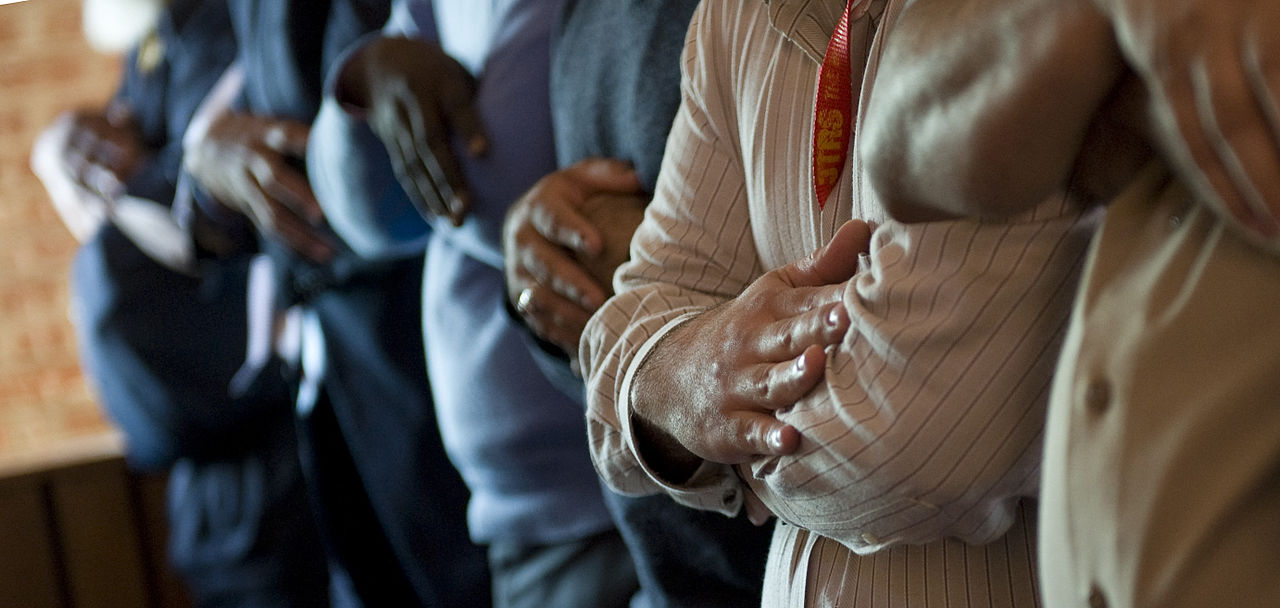
Growing up in a household where Ramadan was (and is still) always made a big deal, and where my parents would make an extra effort to make it feel festive as a child, I have never been fazed by the influx of questions from strangers, colleagues and friends as to what this whole month of fasting is really about. In fact, from being the only Muslim in my entire school that fasted, I found empowerment in having insider knowledge on an often-misunderstood religious responsibility. To me, fasting during this month represents a period of self-reflection, spirituality and celebration, yet since I was a child I had the feeling that to others it only represented starvation and struggle.
The pressure of being a Muslim student has only become more challenging in the wake of Islamophobia and recent terror attacks here in the UK. A few years ago, a wave of schools began to ban children from being able to fast, taking away their right to religious and cultural celebration. To me, it demonstrated that British society has still not reached full acceptance of our religion.
“I was the only one who would be without lunch in the dining hall, the only one that would have to deal with the demands of PE lessons when I hadn’t eaten for hours…”
It wouldn’t be quite right to say I was the only Muslim in my year, as there were a handful of us, but when it came to fasting I truly felt alone in experiencing the month of Ramadan – not just in my year but in my whole school. I was the only one who would be without lunch in the dining hall, the only one that would have to deal with the demands of PE lessons when I hadn’t eaten for hours, and the only one who had to face the annual interrogations of “so you can’t even drink water?” and “aren’t you going to make yourself sick?” As a 10-year-old, having to defend my actions and my religion was not the easiest thing to do and, with 8.1% of all school-age children being Muslim, I know there are others who would have felt the same.
The feeling of being an outsider as a teenager still lingered with every disco party invitation I had to reject because attending Ramadan prayers at the mosque was more important, or the lunchtimes I would spend in the library waiting for my friends to finish eating in the hopes I hadn’t missed out on any fun. But as this month approached every year, my best friends began to absorb my routine answers and to this day are able to recite them as if they are fasting themselves. I began to take pride in accomplishing a whole month of fasting, and friends in my year became more intrigued. Maybe it was my patience in answering everyone’s questions, or maybe it was an admiration for my achievement, but towards the end of my school years I began to embrace the individuality that I once resented as a pre-teen.
“I met people from countries all over the world that had never even heard the word Ramadan before meeting me and I held onto my position of empowerment by including them in my celebrations”
From being the only one fasting amongst school friends, I transitioned to being the only one at university; I was scared that I would have to start all over again with my justifications and explanations but I found friends on my course that accepted Ramadan just as my friends at school had. I went on a year abroad where I met people from countries all over the world that had never even heard the word Ramadan before meeting me and I held onto my position of empowerment by including them in my celebrations. Whether it was discussing religion with my housemates or organising an Eid dinner with Erasmus students, it turns out that being the only one to observe this month of fasting is no longer something that makes me feel alone, it is something that helps me bring others closer together.
If I have contributed to changing the opinion even a handful of people may have about Ramadan, I can proudly say that my solitary suffering at school was all worth it.

